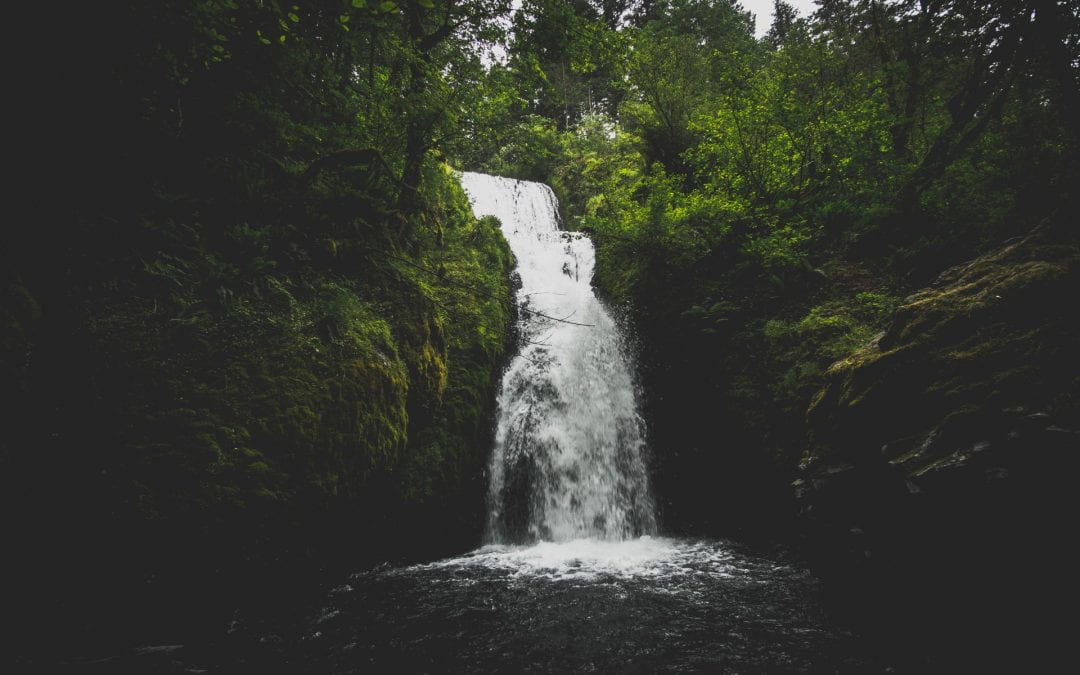The natural sciences that allow us to understand the environment are at the heart of developing strategies to adapt to, survive, and thrive as climate changes. Water is at the heart of many of the most complex problems in climate sciences: understanding the behavior of clouds in a warmer world, how land ecosystems mediate evolving rainfall patterns, and when weather patterns trigger decline of the polar ice sheets. The behavior of these macrophysical problems can be interrogated by knowing the details of the microscopic properties of water: small variations in the abundance of naturally occurring heavy oxygen and hydrogen isotopes in water. Utilizing the stable isotope chemistry requires integrating many scientific disciplines and linking disparate areas of theoretical, observational and modeling techniques.
In his inaugural lecture at the University of Auckland, Professor David Noone will give examples of the coupling of carbon and water cycles in forests, and in the interaction of forest fire and clouds. He will discuss the importance of the sciences which form the kernel that enable evidence-based decision making, and the opportunities for leveraging physical sciences to empower communities to shape their responses to climate change.
David Noone is a Buckley Glavish Professor in Physics at the University of Auckland. His research involves modeling and observing dynamical processes that control the environment and climate system.
For more of our audio and visual content, check out our YouTube channel, or head to the University of Auckland’s manuscripts and archives collection.
Disclaimer: The ideas expressed in this lecture reflect the views of the lecturer and not necessarily the views of The Big Q.
You might also like:
Just how healthy is Aotearoa’s freshwater?
Frequently asked questions about climate change and the IPCC special report

